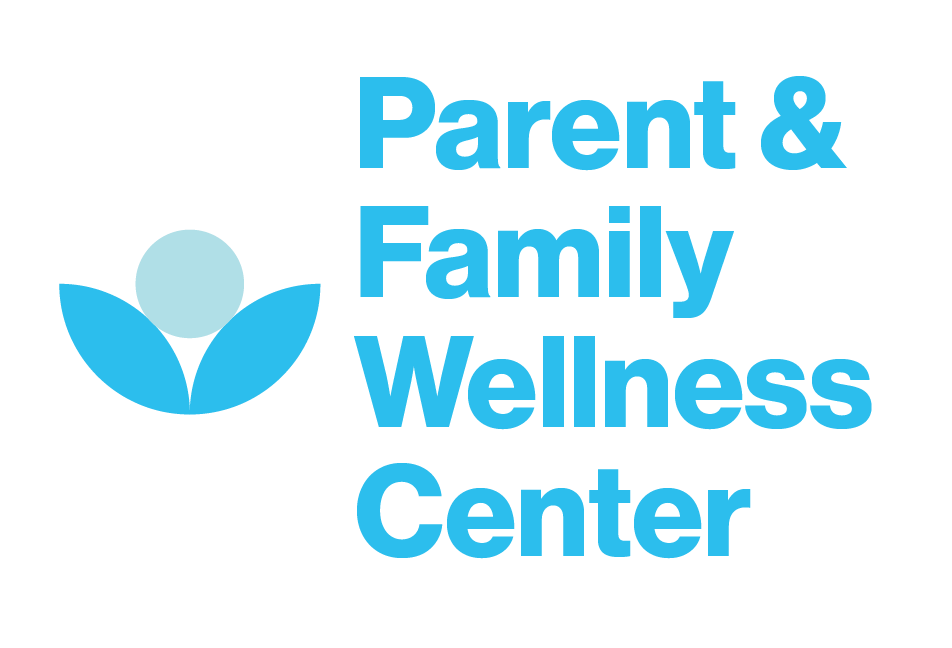Traumatic Events and Postpartum Depression and Anxiety
By Kate Kripke, LCSW
I think that it is probably fair to say that the traumatic events that occurred at Sandy Hook Elementary School in Connecticut last week have left most of us feeling emotion that we were not prepared for. Most of us, whether or not we are parents ourselves, whether or not we are close in vicinity to that little part of the world, whether or not we work in schools or have elementary-aged children or know someone who does... most of us, whether or not we are currently struggling with a postpartum anxiety disorder, will feel the ripple effect of the unfathomable trauma that occurred. Many of us will feel anger, rage, fear, sadness, and confusion at some point if not all at once. While we feel these things, there is also the important reminder of perspective, resilience, and hope... all elements of emotional wellness that are not necessarily felt right away or that come without effort, but certainly are elements of emotional wellness that are needed to make it through such crises.
Moms who are currently in the midst of a postpartum mood disorder like depression or anxiety do not always have this capability as their brains are likely to be less resilient to stress, are likely to be challenged with perspective, and are likely to get stuck quickly in the cycle of fight, flight, or freeze. Moms who are currently struggling with postpartum depression and anxiety are likely to be in the midst of a real crises, themselves, right now as they try to find their way during a time of such bewilderment in the communities around them. These moms are likely to be terrified of even more than they thought was possible before Friday, and these moms are likely to feel a level of anxiety right now that goes beyond what someone who is not struggling with depression and anxiety is experiencing- which is saying a lot given how affected so many people are by these terrible events.
And so if this is you, now is a time to remember what you need to be well- whether that is sleep, nutrition, community, therapy, exercise, or a combination of all of the above. All of the emotions that come up are important to feel- all of them- and at the same time your brain needs a lot to tolerate such stress. Your brain needs you. Remembering yourself at this time of sadness, compassion, and empathy is so important.
Many of the helping professionals out there are reminding us to focus on safety- what makes us feel safe and secure at a time of vulnerability is an imperative piece of healing. Do you receive feelings of safety from your husband or partner? Family? Friends? Your therapist? Your community? Your own teachers or mentors or service professionals around you? Do you need some support in recognizing where safety comes from for you?
In an effort to help mothers cope with this tragedy, Postpartum Support International has provided some suggestions that you can access here.
